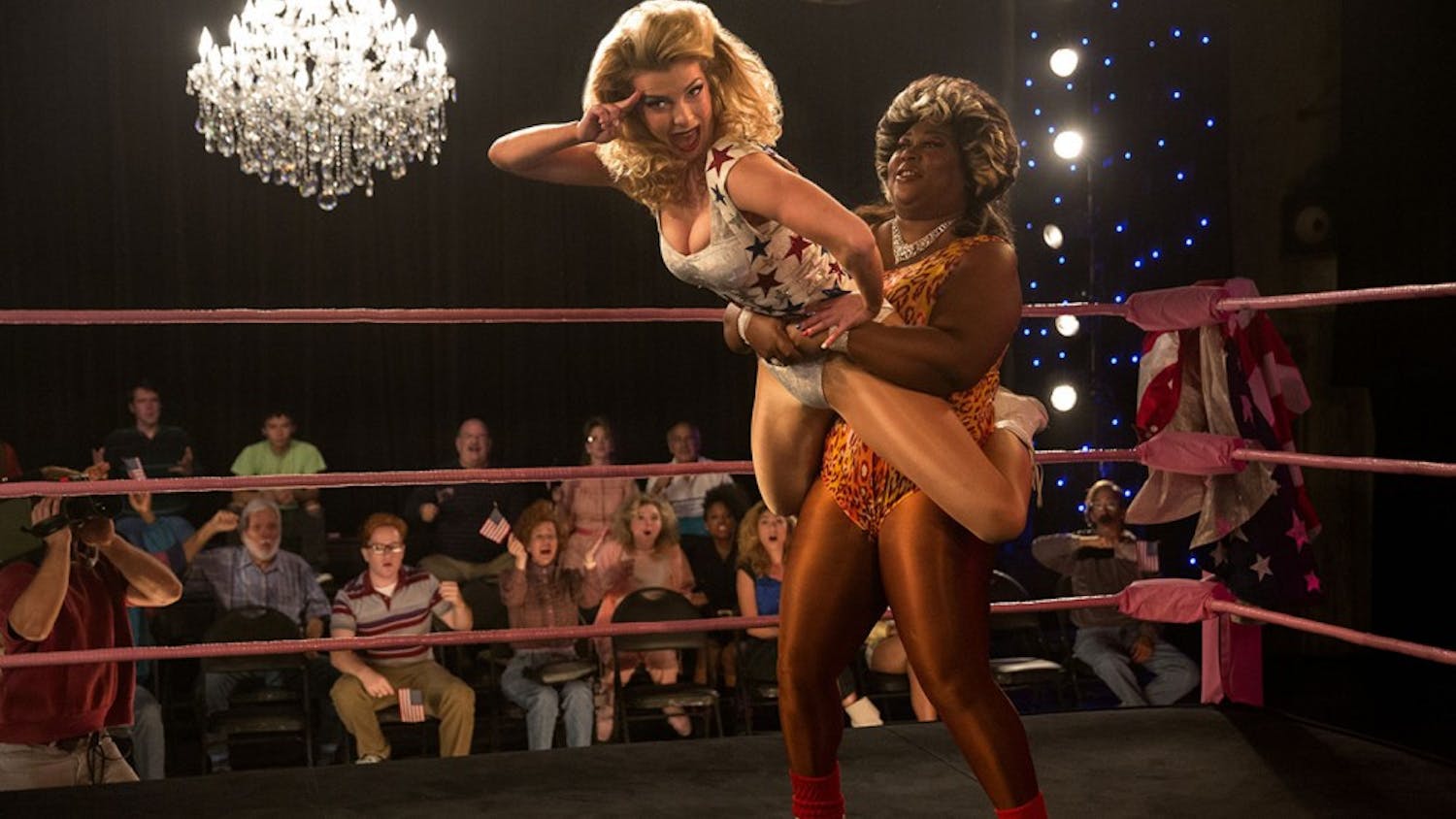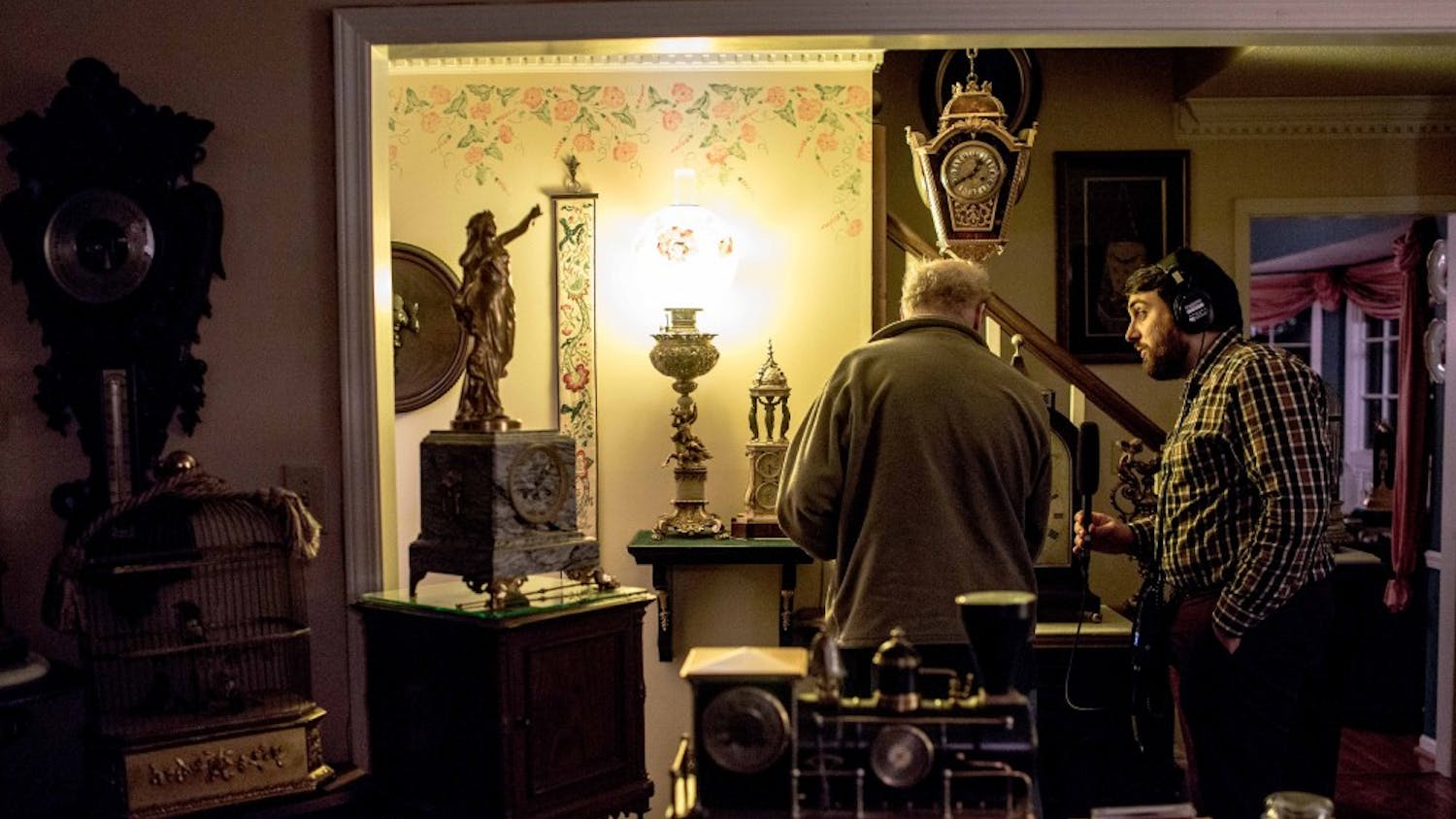In the Drake-produced HBO series “Euphoria,” Generation Z is diagnosed and deified. Drawing attention to teen sex lives, drug abuse, family troubles and identity crises, “Euphoria” defines a generation by its most dramatic manifestations. The show’s narrator, lead and Gen Z translator Rue Bennett, played by former Disney Channel star Zendaya, is a biracial teenager struggling with drug addiction and the loss of her father. Self-aware yet unstable, Rue is the ultimate unreliable narrator. Rather than offering her audience righteous honesty or a critic’s presumed purity, Rue makes a show of the archival and analytical process. Just as drugs allow her to edit and enhance her own experience and perception, Rue, as narrator, takes liberties in her storytelling and invites us to trip alongside her. Through her constant battles with relapse, she teaches us what it means to actively recover and revise oneself. In doing so, she suggests that she is, in fact, a representative of her generation — those young adults born in the late ’90s and early 2000s who’ve been shaped by a constant surveillance and demand for self-narration. Where this generation is concerned, “Euphoria” argues that the revision of society and self is, perhaps, Gen Z’s birthright.
Over the course of the first season, which ended on Aug. 4, the boundary-defying narration of “Euphoria” granted its viewers entry into the lives of characters other than its enigmatic lead. Providing insights into the private lives of the show’s other teenage characters, Rue’s narrative dissecting the lives of her peers are often some of the show’s most rewarding moments. Navigating the realities of size-discrimination, digital sex work and self-acceptance, high schooler Kat Hernandez, played by model and actress Barbie Ferreira, pushes the envelope beyond the limits of Rue’s narrative. As we bear witness to Kat’s evolution into a successful cam girl, her character transforms her relationship to her body and her own authority.
Alongside Kat, there’s Maddy Perez, played by Alexa Demie, a sharp-tongued bombshell whose vulnerabilities undo the caricature of the stereotypical high school cheerleader. Within the first season’s eight episodes, Maddy’s toxic relationship with the hot-headed football star, Nate Jacobs, played by Jacob Elordi, sets the stage for the season’s many hijinks. Forced to navigate a public domestic violence scandal, Maddy establishes herself as a young woman fighting for her life and identity.
There are plenty more dynamic characters on “Euphoria” worthy of mention yet, undoubtedly, the show’s break-out star is none other than actress Hunter Schafer, who plays Jules Vaughn. Jules, a transgender teen from New York whose friendship with Rue blurs the lines between the platonic and romantic, brings excitement to the California suburbia “Euphoria” is set in. Pink-haired and bubbly, Jules has an immense presence in the narrative as she negotiates desire and intimacy within the constraints of a transphobic and homophobic society. Though she tuns the “manic pixie dream girl” trope on its head, Jules is, first and foremost, committed to her own story. Though she desires affection and loves her friends, Jules is assertive with her own opinions and beliefs — even in her eagerness for connection. Refusing to enable Rue’s drug abuse, she gives her friend an ultimatum: Their friendship or the drugs. Forcing Rue to really fight for her sobriety and thus, their relationship, Jules propels Rue’s story while establishing one of her own.
Amidst its many characters and narrative elements, a show like “Euphoria” could easily get lost in the ether of its own disorganization. What ultimately saves the series from such a fate, however, is its visual and sonic language. Music and fashion tie the chaotic worlds of the show’s characters together, making it both eye-catching and compelling. While characters like Kat, Maddy and Jules stun the audience with glossy, unforgettable looks, Rue’s wardrobe, much of which consists of her deceased father’s clothing, serves as a reminder of nostalgia’s grip on her character. Featuring music across genres and eras, “Euphoria” builds a sonic world in which the music of Megan Thee Stallion and Too $hort not only exists alongside the work of Fiona Apple and The Chordettes, but perfectly encapsulates the emotional and expressive range of the series. Due to this masterful auditory and aesthetic layering, “Euphoria” manages to honor the dysfunction of its characters while offering a cohesive yet non-linear story of self-discovery.
Casting a wide net over a generation, “Euphoria” occasionally struggles, at times, to decide whether it is in the business of crafting a generation’s narrative or telling a story about select representatives. In the episode titled “Stuntin’ Like My Daddy,” a titular nod to rappers Lil Wayne and Birdman’s infamous collaboration by the same name, the show’s Gen Z characters grapple with what it means to cash in on one’s inheritance. In the episode’s most powerful moments, the narrative loses its diagnostic quality and simply commits to its characters, the worlds that have made them, and the people they are trying to become. The season’s best episode, “The Trials and Tribulations of Trying to Pee While Depressed,” executes this balance seamlessly. In “The Trials,” Rue embraces her frenzied nature and takes on the persona of “Detective Bennett” as she works to untangle the web of connections in a domestic violence case involving Maddy, Nate and Jules. “I’m Morgan f—ing Freeman, and this is the beginning of the third act,” Rue exclaims. Vibrant and captivating, Zendaya shines most when Rue unravels in despair or floats in mania. In these scenes, audiences are called to invest themselves in the show as Zendaya has in her latest role. Zendaya gives her all in “Euphoria” as a voice to represent and diagnose an entire generation and for it, she deserves our undivided attention.



